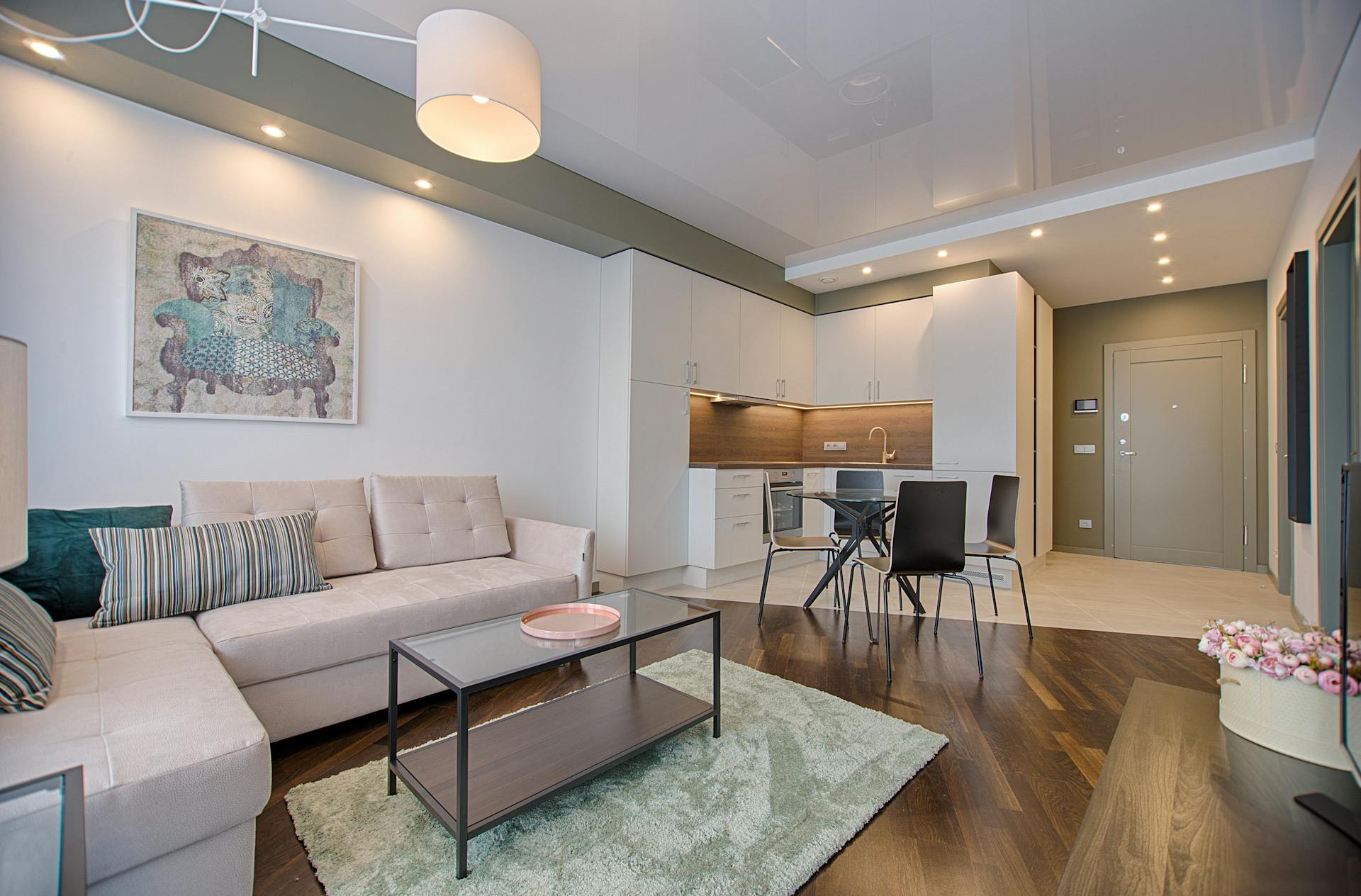

Question: Are Walls Between Townhouses Soundproof?
Answer: No, townhouse walls are typically not fully soundproof. While they offer some noise reduction, they are usually built to meet building code, not eliminate all sound.
Townhouse Living and Noise
Sharing walls with neighbors is a hallmark of townhouse living. This proximity, while offering numerous benefits, often raises concerns about noise transfer between units. Are walls between townhouses truly soundproof? The short answer is no. The degree of sound insulation varies significantly depending on the building’s construction and the specific materials used.
Understanding Sound Transmission
Before delving into the specifics of townhouse wall construction, it’s important to grasp how sound travels. Sound waves propagate through the air and vibrate materials they encounter. These vibrations then transmit through the material to the other side, becoming audible in the adjacent space. Denser and thicker materials generally impede sound transmission more effectively.
Click here for more information about local Orangeville real estate agents
Related Article: How Do I Block Sound in Townhouse?
Related Article: What is the Difference Between a Condo Townhouse and a Townhouse?
Factors Affecting Sound Transmission
Several factors influence how much sound travels between townhouse units. The type and quality of construction materials used in the shared wall play a crucial role. Flanking noise, which travels through shared floors, ceilings, and even ductwork, can bypass the wall entirely. The lifestyle and activities of your neighbors inevitably impact the amount of noise you experience.
Construction Quality:
Properly sealed gaps and cracks in the wall assembly are essential for minimizing sound leakage. Even small openings can significantly compromise sound insulation.Flanking Noise:
Addressing flanking noise requires careful attention to sealing any potential pathways for sound to travel beyond the shared wall. This often involves sealing gaps around pipes and ductwork, and ensuring proper insulation in shared ceiling and floor spaces.Neighborly Considerations:
While you can’t control your neighbor’s activities, open communication can often resolve noise issues amicably.
Improving Sound Insulation in Existing Townhouses
Even if your townhouse walls aren’t perfectly soundproof, several strategies can improve sound insulation. For instance, adding another layer of drywall to existing walls can significantly reduce noise transmission. Likewise, installing thicker, denser insulation within the wall cavities can further dampen sound. In addition, strategically placed furniture, such as bookshelves or heavy drapes, can help absorb and block sound waves.
Adding Drywall:
Adding a layer of drywall, especially specialized sound-dampening drywall, is a relatively straightforward and cost-effective method to improve sound insulation. Using Green Glue between the drywall layers enhances sound dampening further.Upgrading Insulation:
Replacing existing insulation with denser materials like mineral wool improves sound dampening and thermal performance. This generally requires more extensive work.Strategic Furnishing:
While not a complete solution, strategically placed furniture can absorb and deflect some sound waves, contributing to a quieter environment.
Building Regulations and Soundproofing
Building codes typically stipulate minimum requirements for sound insulation between dwelling units. These regulations vary by location but generally address both airborne and impact noise. Consequently, newer townhouses often feature better soundproofing than older constructions. Nevertheless, understanding the specific building codes in your area can be valuable if you’re experiencing excessive noise issues.
Conclusion
While townhouse walls aren’t entirely soundproof, they do offer a reasonable level of sound insulation. Several factors, including construction materials, flanking noise, and the overall quality of construction, significantly influence sound transmission. By understanding these factors, and by employing strategies like adding drywall or upgrading insulation, you can improve the acoustic comfort of your townhouse living experience. Instead of asking “Are walls between townhouses soundproof?” a more relevant question becomes “How can I optimize sound insulation in my townhouse?”. Addressing noise concerns proactively will contribute to a more peaceful and enjoyable living environment. [ 1 ]
References
1. https://www.greenbuildermedia.com/blog/solving-the-sound-and-odor-problem-with-townhouse-walls


